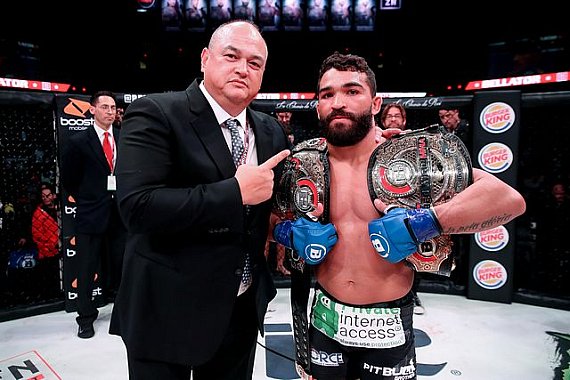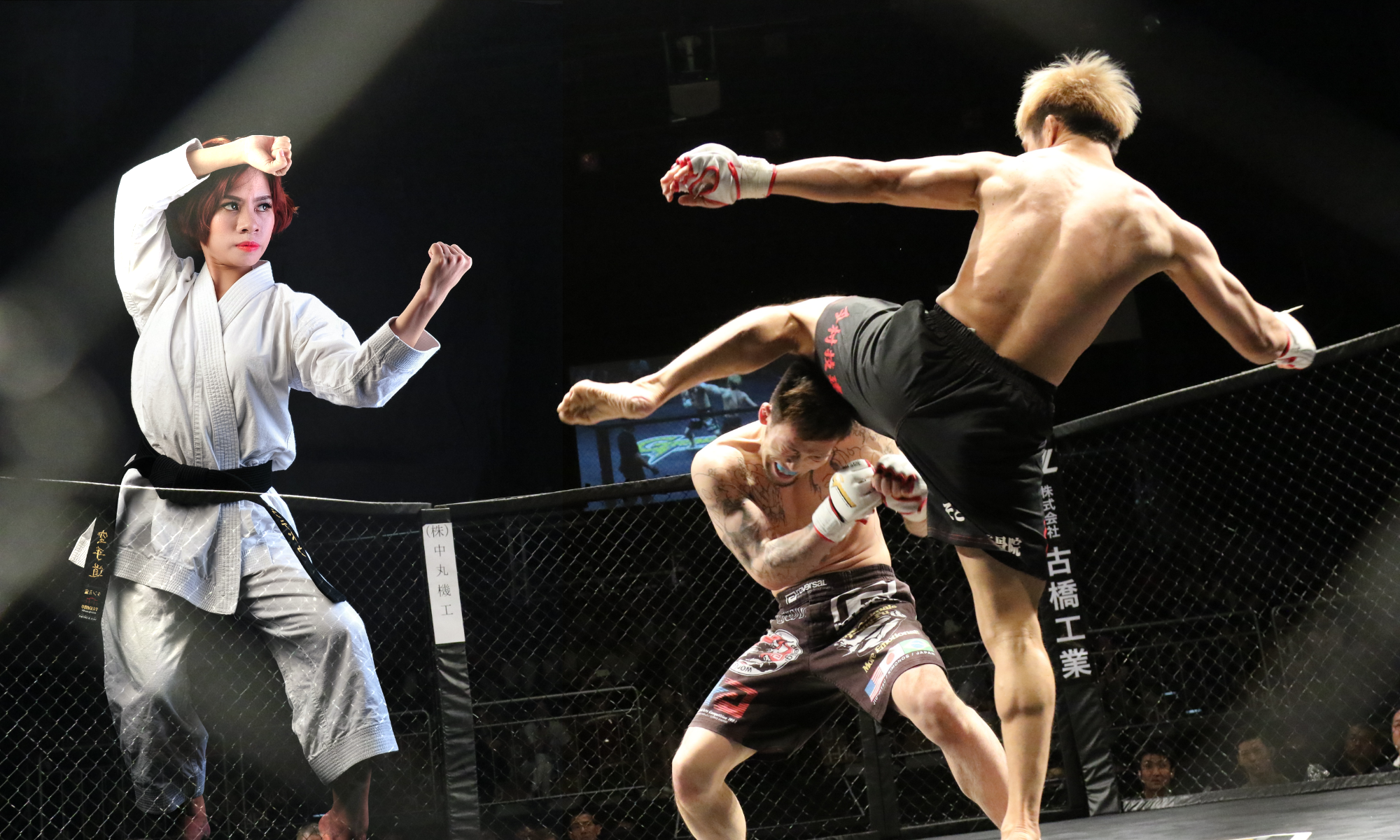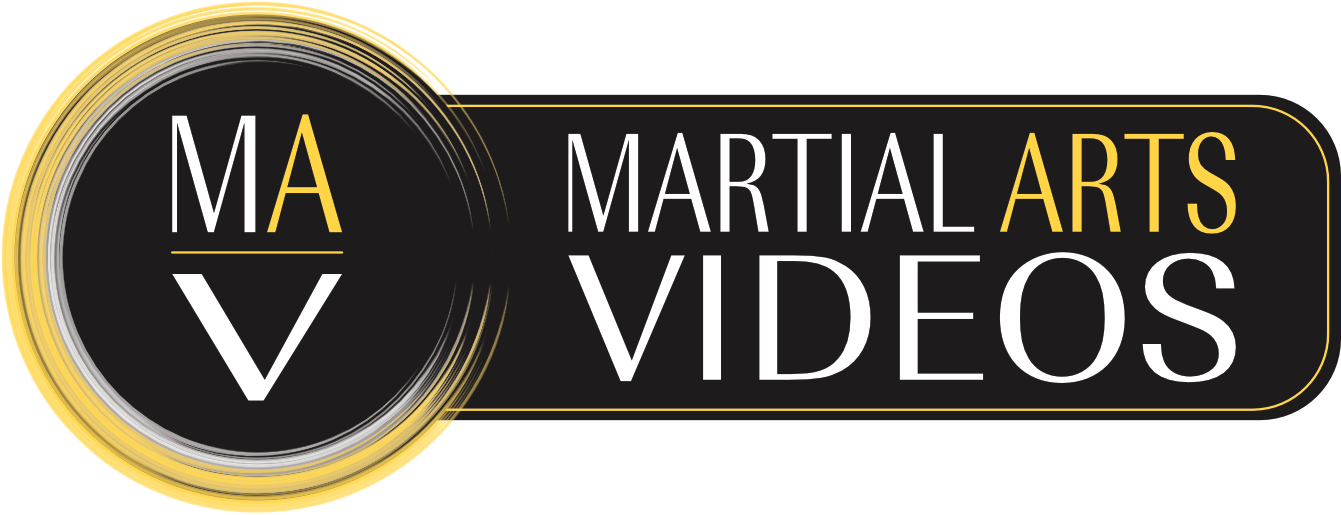
Big fan of Patricio
Freire here.
I’ve written glowingly about him before as one of the greatest
fighters to ever live and a peerless martial artist who has
thoroughly mastered every aspect of the game. While he easily
topped the list of Sherdog’s 10 best Bellator
MMA fighters of all-time, he remains underrated, as many fans
fail give him his proper due simply because his accomplishments
have not occurred on a canvas emblazoned with the
Ultimate Fighting Championship logo.
More than that, I love Freire’s old-school, uncompromising
attitude. No joking or pro wrestling-type antics. I always got the
impression that he viewed his fights as duels between two warriors
with their worth as competitors on the line. Masahiko Kimura and
Helio Gracie shared this attitude when they fought in 1951, and it
was present in early vale tudo. However, it has become lost as MMA
has been commodified into mere entertainment.
Advertisement
As such, it was a treat to speak with “Pitbull” in advance of his
showdown with Kleber
Koike Erbst in the Bellator-Rizin
Fighting Federation co-promoted
Rizin 40 main event on Saturday in Saitama, Japan. Our
interview was facilitated by the brilliant Marcelo
Alonso, who also served as translator:
Sherdog.com: You have excellent grappling and great
striking, but to me, your greatest weapon has always been your
mind. Your ability to implement gameplans, stay disciplined for the
entirety of a fight, make consistently good decisions and take
advantage of opponent mistakes is unparalleled. Do you train and
prepare this aspect of your game, too?
Freire: Since the beginning, I’ve always tried to train every
aspect of fighting, to be complete. I like to predict what my
opponent is likely to do and have a sparring partner who will
constantly replicate that in sparring and drills. The keys to my
game are patience and calculating how to use it. That involves
finding the right balance between being patient and aggressive at
any given point of a fight. I also watch every single fight that my
opponent has been in and study every single technique, how they
move, what their tendencies are, every single detail. I’ve never
needed a mental coach to do this. I don’t know if this was inborn,
but since the beginning of my career, I’ve always had the right
attitude and approach. My mindset was always confident—“I’m going
to win. I’m going to win. I’m going to win”—along with my work
ethic. Even then, I was thinking of adjustments, not for a specific
fight but for what a champion’s life should be. For instance, how
to deal with the various pressures of being champion, including
family life.
Sherdog.com: When you first joined Bellator, you used a
boxing stance. Now, you use a more bladed, karate setup. What was
the motivation for this change?
Freire: Early in my career, I was going through too many wars,
getting hit too often by opponents with longer reach. I felt that
karate would be the perfect style to reduce the amount of damage I
was taking, especially straight punches, and also control the
distance that way. Nowadays, I can use either stance, depending on
the opponent, and both are very important to my style.
Sherdog.com: I want to talk a little about your work as a
coach, since the Pitbull Brothers camp has already enjoyed
considerable success. Is it more difficult mentally to prepare for
a fight or to corner your older brother, Patricky
Freire?
Freire: It’s about the same, as I’m very cold and calculating in my
approach to both. Whenever my brother follows our gameplans, we
always have success. When he doesn’t, we don’t. That’s the most
difficult aspect of being a coach—getting my brother to follow the
gameplan.
Sherdog.com: I have two sons that are 17 months apart,
which I notice is the same age difference between you and Patricky.
Despite being so close in age, my own sons are polar opposites in
personality. Were you and Patricky similar growing up, or were
there significant differences?
Freire: I’ve never been asked that before, and it’s very
interesting. Normally, the firstborn is closer to the mother, and
that’s what happened to Patricky. She was very worried about him
all the time. Meanwhile, I naturally became closer to our father.
Somehow, that affected our personalities and what we became as
fighters. Patricky took longer to go out, become confident and
prove himself as a man since our mother always wanted to protect
him. Meanwhile, me being closer to our father, he encouraged me to
go out, attain skills and prove myself. The proof of what I’m
saying is that despite being younger, I was the first one to become
a professional fighter, and Patricky later followed me.
Incidentally, my father was a colonel in the military police in
Brazil.
Sherdog.com: When Max
Holloway was the UFC featherweight champion, I recall some
people on Twitter claiming that you would have “zero chance”
against him because you were too short. However, the man who
defeated Holloway three straight times, current champion Alexander
Volkanovski, is the exact same height as you. Personally, I see
considerable similarities in style between you and Volkanovski, and
you two are even close to age. Do you notice those similarities,
and how do you think a potential fight would go, since you are the
two best featherweights on the planet right now?
Freire: The first sign that someone knows nothing about fighting is
saying, “He’s bigger than you, so he will beat you.” If I believed
such nonsense myself, I wouldn’t have come close to accomplishing
what I have. I used my intelligence to figure out how I could still
control the distance and succeed despite being smaller, and I
imagine Volkanovski did the same. We definitely share that in
common, how we fight for the distance. However, a big difference is
that Volkanovski very rarely finishes his opponents, whereas I’m
the opposite. I always try to submit or knock out my opponents, and
I think that in a 25-minute fight against Volkanovski, I would have
plenty of chances to create such situations. I also think that
Volkanovski’s striking is more limited, relegated to his jab, cross
and left kick. That would be predictable for me, and I would beat
him. Certainly, it would be a great fight against a great opponent.
Incidentally, a lot of people think Islam
Makhachev will have an easy time against Volkanovski, but I
don’t believe so. Volkanovski is very tricky and slippery, and
Makhachev will face something very different than he ever has
before. I think it will be a very tough, close fight. There’s an
analogue to my fight against Michael
Chandler, where no one was giving me a chance; and look what
happened. Makhachev is a very tough guy deserving of respect, but
one shouldn’t underestimate Volkanovski.
Sherdog.com: Looking ahead, given the success of Pitbull
Brothers—you recently worked with big names like Henry
Cejudo and Paulo
Costa—do you intend to continue with this after your retirement
and do you plan to expand outside of Brazil into other
countries?
Freire: A lot of fighters feel I analyze matches very well and come
up with great strategies for them to follow. We’re discovering a
lot of great young talent, and in the future, if they deserve it, I
will help them with their preparation and corner them. I was very
happy to work with Cejudo and Costa, as well as Fabio
Maldonado, and I have no problems with fighters requesting my
help. However, I will not leave Brazil. I love this country, and
Pitbull Brothers will stay here.

